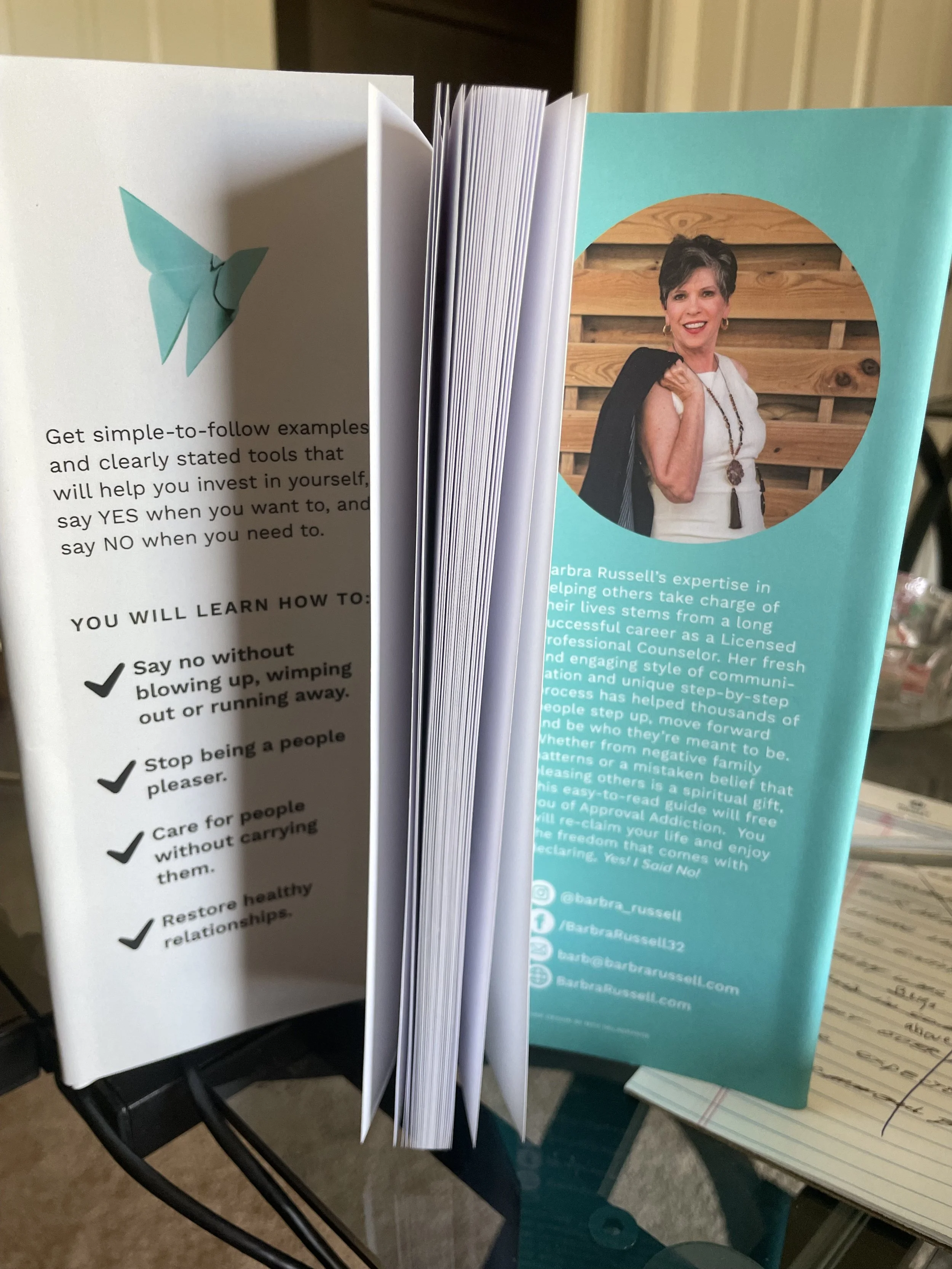Emotional Intimacy: Why Men Struggle More Than Women
Emotional intimacy—the ability to connect deeply, be vulnerable, and feel truly seen—is something many women crave in relationships. Yet, many men struggle with it. Why? Are men just emotionally stunted? Do they lack the capacity for deep connection? Not at all. The answer lies in biology, brain structure, and how we’re wired from the womb.
Men and Women: Speaking Different Languages
Imagine this: A woman shares her feelings, expecting emotional validation. Instead, her partner jumps in with a solution. Frustrated, she accuses him of not listening. He, equally frustrated, wonders why she doesn’t appreciate his advice. Sound familiar? This disconnect isn’t about stubbornness—it’s about biology.
A Tale of Two Brains
At around 9–10 weeks gestation, male and female brains start to diverge. A surge of testosterone in the male fetus shrinks the corpus callosum—the bridge between the two hemispheres of the brain—by about 40%. This means men’s brains are more compartmentalized, handling one task at a time. Women, on the other hand, can rapidly switch between emotional and logical thinking.
Here’s how this plays out in daily life:
• Men are problem solvers: When a woman shares her struggles, a man’s instinct is to fix it rather than explore feelings.
• Women are storytellers: They talk to process emotions, connecting past and present experiences in a seamless flow.
• Men focus on the now: A guy playing golf isn’t thinking about picking up milk on the way home. His brain is wired to focus on the task at hand.
Why This Affects Emotional Intimacy
Since women process emotions and memory differently, they tend to feel deeply connected through verbal and emotional sharing. For men, this can feel overwhelming. It’s not that men don’t want intimacy; they simply engage with emotions differently.
A common scenario:
A wife pours her heart out about a tough day at work. Her husband listens for a bit, then interrupts with, “Why don’t you just tell your boss that?” She feels dismissed. He’s confused—he thought he was being helpful.
She wants emotional intimacy—feeling heard, validated, and supported. He wants to solve the problem because his brain tells him that’s the best way to help.
Bridging the Gap
So how do couples close this emotional gap? By understanding and respecting each other’s "language."
• Men: Learn to listen without fixing. Sometimes, your partner just needs to vent. A simple “That sounds really tough” goes a long way.
Use tools! If your wife asks you to grab something on the way home, write it down. Your brain isn’t wired for multitasking, and that’s okay!• Women: Be direct about what you need. Instead of “You never listen to me,” try, “I just need you to hear me out right now, not solve it.”
Final Thoughts
Emotional intimacy isn’t about forcing men to think like women or vice versa. It’s about understanding our biological differences and working with them, not against them. When men and women learn each other’s emotional "languages," intimacy deepens, conflicts decrease, and relationships thrive.
So, next time she talks, listen. Next time he forgets, remind him (nicely). And always, always seek to understand before assuming the worst.
Barbra Russell, MA, LPC barbrarussell.com 720-263-6257

















































